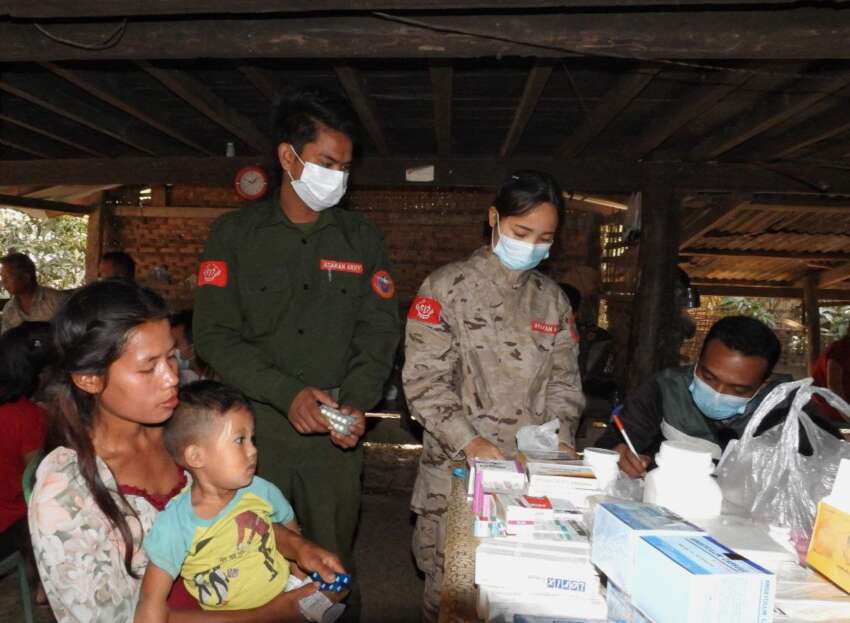
The Health Department of the Arakan Army (AA) has officially announced through the Arakan People’s Revolutionary Government that they are accepting applications for midwifery training courses in Rakhine State. This initiative aims to fill vacant midwife positions in rural health centers and sub-centers under the Arakan People’s Health Department. The program is designed to address healthcare needs by training qualified professionals who can provide essential medical services to local communities.
The training program will span 18 months and will cover comprehensive coursework in primary healthcare and midwifery. The curriculum includes both theoretical and practical aspects of maternal care, delivery procedures, and postpartum care. The program is open to female applicants under 25 years of age, regardless of their ethnicity or religion. This inclusive approach demonstrates the organization’s commitment to providing healthcare services to all communities within the region.
Applicants must possess either a matriculation certificate from examinations conducted by the Arakan Army or a traditional matriculation certificate from the previous education system. Upon completion of the training, graduates will be responsible for various healthcare duties including prenatal care, childbirth assistance, and postpartum care. Their responsibilities will also extend to reproductive health services and the healthcare management of newborns and children under five years of age.
The scope of work for trained midwives will encompass nutrition development programs, vaccination campaigns, and basic medical services at rural health centers and sub-centers. Interested candidates can submit their applications to their respective township public health departments until September 5. This training initiative represents a significant step toward improving healthcare standards in rural areas of Rakhine State, where access to medical services has been historically limited. The program aims to create a sustainable healthcare workforce that can serve local communities effectively and address their medical needs through professional training and systematic deployment of healthcare workers.



